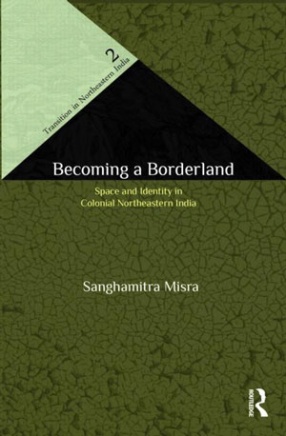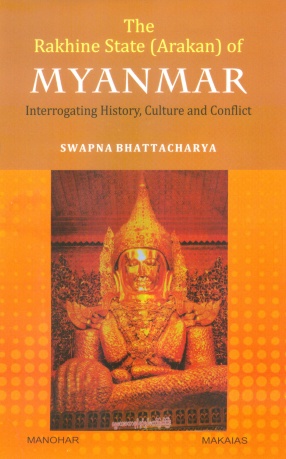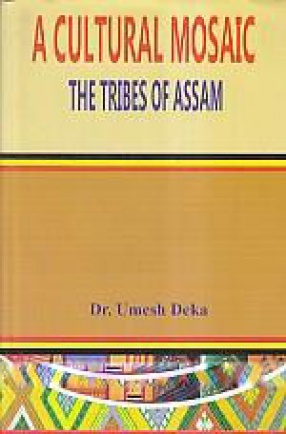This book looks afresh at how power was configured in the western borderlands of northeastern India in colonial times. It focuses on a dramatic transformation of this region from being one with rich historical connections with the surrounding polities of Tibet Nepal Bengal and Assam into a fragmented zone of polities and a colonial borderland.
The book begins in a period when the links of this region with the imagined core of Indian history were less significant than those with other areas. It focuses on the negotiated character of state formation during the Mughal imperium in the pre-colonial period and into the colonial where it looks at some of the early interventions of the East India Company and of the 19th-century colonial state emphasising the contestations between colonial and local notions of space and power. It then explores connections between speech political culture and economy and the reinvention of history focusing on the cultural production of a borderland identity that was marked by a hyphenated existence between proto-Bengal and proto-Assam.
Becoming a Borderland uses a range of sources that include petitions writings in newspapers and periodicals travel writings printed lectures oral traditions maps history texts and records from the colonial archive to make its arguments persuasively. The book contributes to new ways of understanding region and ethnicity in northeastern India.





There are no reviews yet.